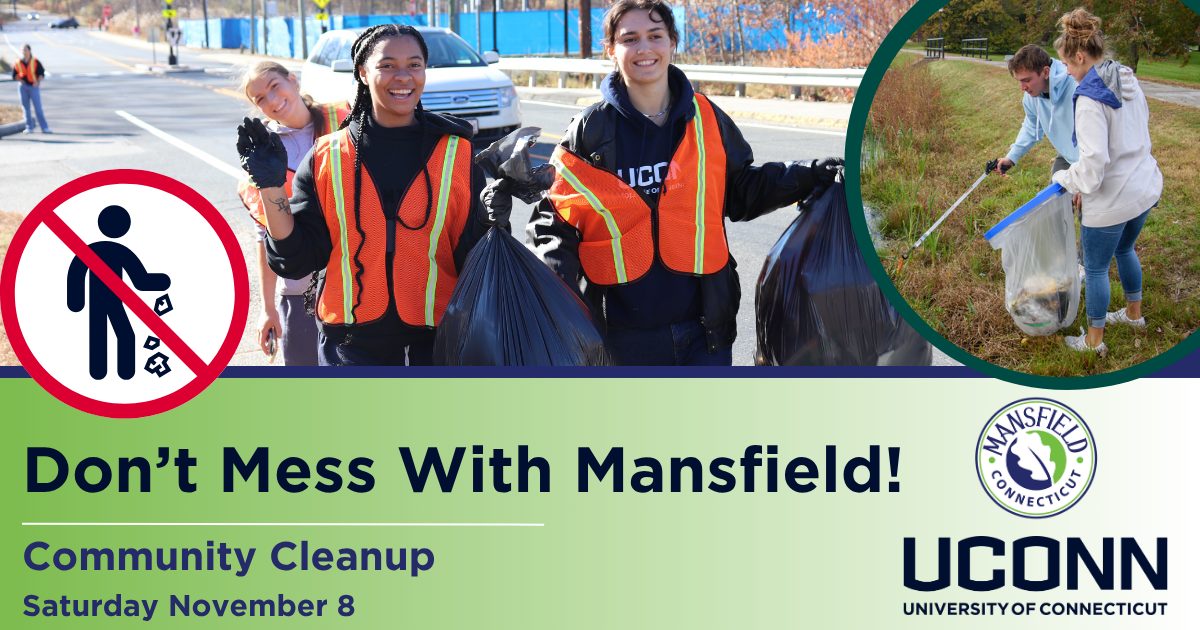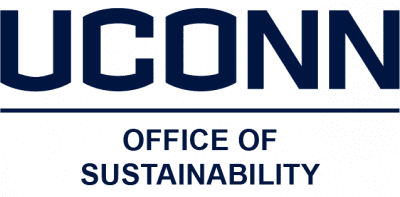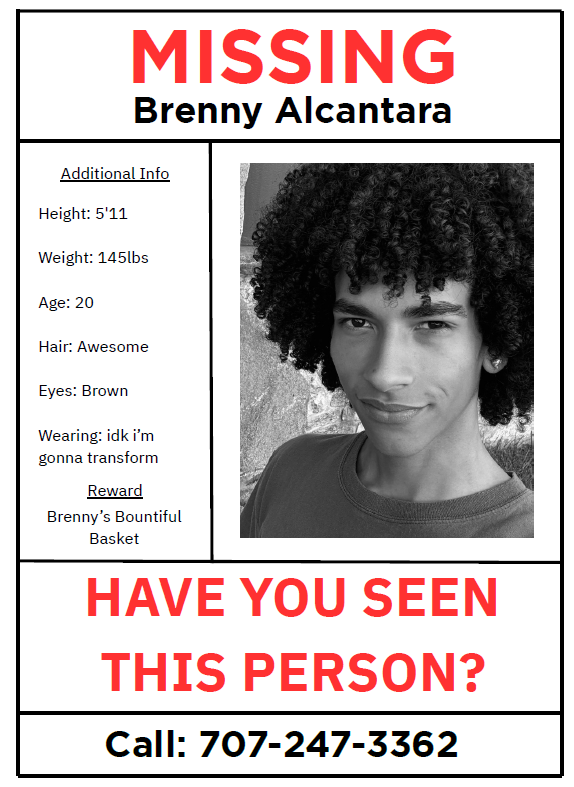The COP 30 conference is a one-of-a-kind experience that you can never fully prepare yourself for. I have never been in the same room with such a diverse group of people with all different backgrounds and stories. Walking into the blue zone, you see a long hallway of pavilions, sponsored by a variety of different countries, NGOS, and companies. Each pavilion had a different purpose, but the overall goal was to educate the community about their organization and success.
 I was able to attend a panel conduct by the Water for Climate Pavillion regarding NAPs and NDCS: Sectoral and Regional Insights. During this panel there was a variety of different panelists, such as Juanita Ariza Guzman (the Economic Commissioner for Latin America and the Caribbean of the United Nations (ECLAC),) Soraya Salcedo (the Deputy Director of International Cooperation of Colombia), and Paula Martinelli (Global Water Advocacy Officer for Wetlands International). These panelists all worked in a variety of fields, but with the same goal in mind: to preserve water in our world and to create a policy in support. However, there were a lot of perspectives and technical progress that I was unaware of. For example, I was able to talk to Paula Martinelli after the panel about her experience working in policy for water and other countries. She expressed the daily challenges she faces every day working in international affairs. She is constantly working with other countries to help them develop, to implement and/or improve their freshwater ecosystem. As much as you think countries would appreciate the support provided by an NGO, such as Wetland International, there is constant backlash that must be discussed. NGOs like Wetland International are doing their best to preserve water and support communities that are suffering from access to freshwater. But some countries only see the value of improving these issues if there is an economic benefit. In addition, as an advocacy officer in wetlands not only are you advocating for the community but also for the ecosystem.
I was able to attend a panel conduct by the Water for Climate Pavillion regarding NAPs and NDCS: Sectoral and Regional Insights. During this panel there was a variety of different panelists, such as Juanita Ariza Guzman (the Economic Commissioner for Latin America and the Caribbean of the United Nations (ECLAC),) Soraya Salcedo (the Deputy Director of International Cooperation of Colombia), and Paula Martinelli (Global Water Advocacy Officer for Wetlands International). These panelists all worked in a variety of fields, but with the same goal in mind: to preserve water in our world and to create a policy in support. However, there were a lot of perspectives and technical progress that I was unaware of. For example, I was able to talk to Paula Martinelli after the panel about her experience working in policy for water and other countries. She expressed the daily challenges she faces every day working in international affairs. She is constantly working with other countries to help them develop, to implement and/or improve their freshwater ecosystem. As much as you think countries would appreciate the support provided by an NGO, such as Wetland International, there is constant backlash that must be discussed. NGOs like Wetland International are doing their best to preserve water and support communities that are suffering from access to freshwater. But some countries only see the value of improving these issues if there is an economic benefit. In addition, as an advocacy officer in wetlands not only are you advocating for the community but also for the ecosystem.
This talk was one of the many examples where a variety of different opinions must compromise to reach a consensus at COP. Something as simple preserving freshwater may not be a priority for one country as it is another, so language supporting this preservation is difficult to synthesize. This leads to the question of how important, actionable, decisions can actually be made.
Conferences like COP30 assist in putting countries and organizations with similar interests in the same room and finding that compromise. However, this is much easier said than done. This continued to be seen throughout the conference with many countries trying to find common ground and reach agreements.
I look forward to talking to more policy advocates about the daily struggles they face working in international relations and how those struggles are mitigated in my last few days at COP.
Sanya Sharma is a senior environmental engineering major.
 Entering the United Nations annual climate summit to a police barricade and indigenous communities selling their products outside in the intense heat and humidity was not something I anticipated. However, that was slightly naive of me, because we are at an international summit with international leaders. However, the tension between who is heard and who is just being listened to was palpable throughout the conference. Before getting to the conference, we had seen the headlines about the protests by local communities, but I did not realize the proliferation of the divide.
Entering the United Nations annual climate summit to a police barricade and indigenous communities selling their products outside in the intense heat and humidity was not something I anticipated. However, that was slightly naive of me, because we are at an international summit with international leaders. However, the tension between who is heard and who is just being listened to was palpable throughout the conference. Before getting to the conference, we had seen the headlines about the protests by local communities, but I did not realize the proliferation of the divide. This division between who is being heard and listened to is the most evident when discussing financing the loss and damages fund. It is apparent that developed nations, international monetary bodies, and international aid organizations are not designed to help enable the country to build resiliency of any kind, financial, social, political, or environmental. The methods currently in place do not allow funds to be distributed to building political infrastructure and knowledge on these topics, they are currently only designed for specific projects. This puts these countries in a cycle of never getting the money to prevent these issues from happening or being forward thinking. This division is largely echoed throughout the larger Loss and Damage Fund COP negotiations as well. The division here was what countries have money to spend and what countries need to spend money to survive. As you can probably infer they are not seeing eye to eye. Which is just defeating because if we cannot come together for our collective earth what can we come together for?
This division between who is being heard and listened to is the most evident when discussing financing the loss and damages fund. It is apparent that developed nations, international monetary bodies, and international aid organizations are not designed to help enable the country to build resiliency of any kind, financial, social, political, or environmental. The methods currently in place do not allow funds to be distributed to building political infrastructure and knowledge on these topics, they are currently only designed for specific projects. This puts these countries in a cycle of never getting the money to prevent these issues from happening or being forward thinking. This division is largely echoed throughout the larger Loss and Damage Fund COP negotiations as well. The division here was what countries have money to spend and what countries need to spend money to survive. As you can probably infer they are not seeing eye to eye. Which is just defeating because if we cannot come together for our collective earth what can we come together for?
 In response, one of the delegates argued that the meeting violated Article 4.8 of the Paris Agreement, which in my opinion was a complete misinterpretation. Article 4.8 emphasized equity and differentiated responsibilities, not uniform treatment under different circumstances. The entire meeting felt unproductive and at times, unprofessional, with several parties appearing to delay the conversation instead of contributing to it, which is why I am looking forward to reading the official written report of this meeting!
In response, one of the delegates argued that the meeting violated Article 4.8 of the Paris Agreement, which in my opinion was a complete misinterpretation. Article 4.8 emphasized equity and differentiated responsibilities, not uniform treatment under different circumstances. The entire meeting felt unproductive and at times, unprofessional, with several parties appearing to delay the conversation instead of contributing to it, which is why I am looking forward to reading the official written report of this meeting! T
T
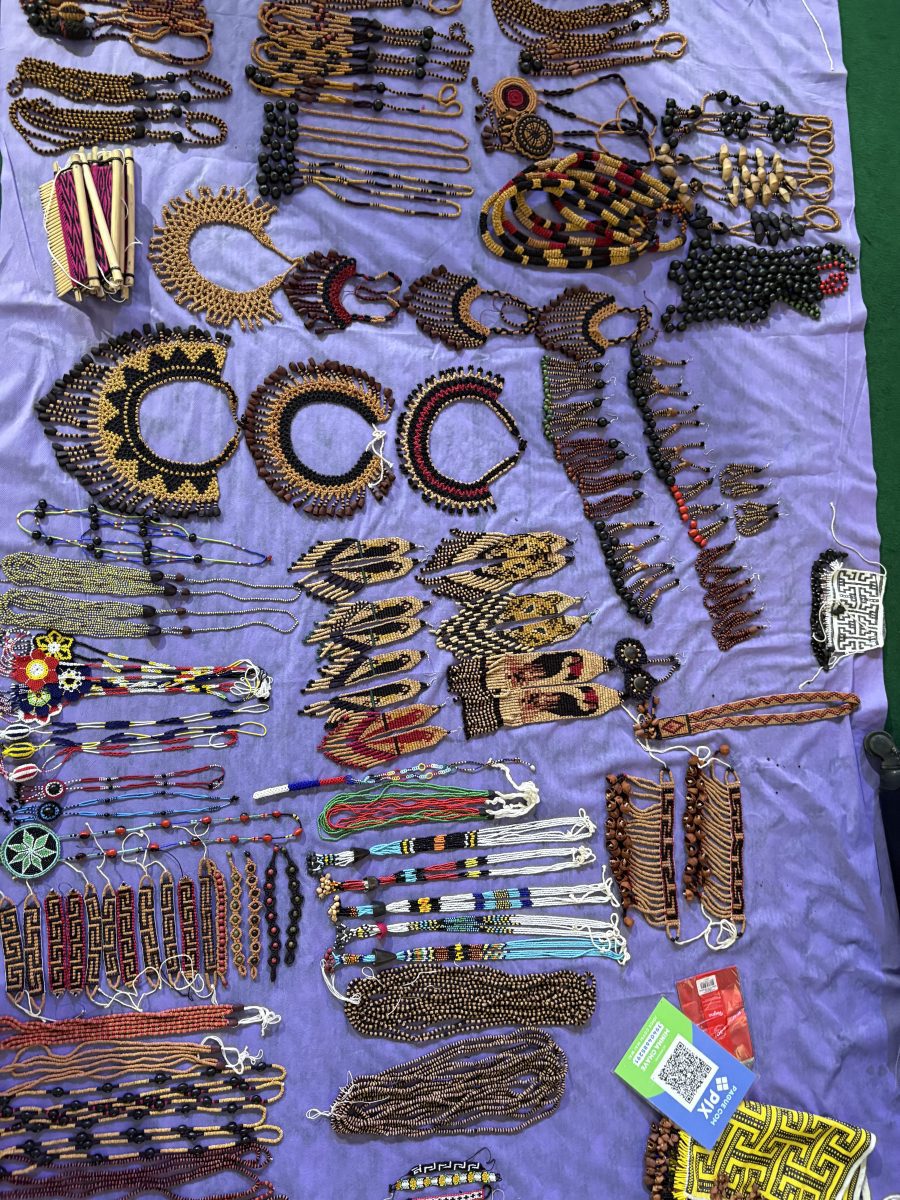
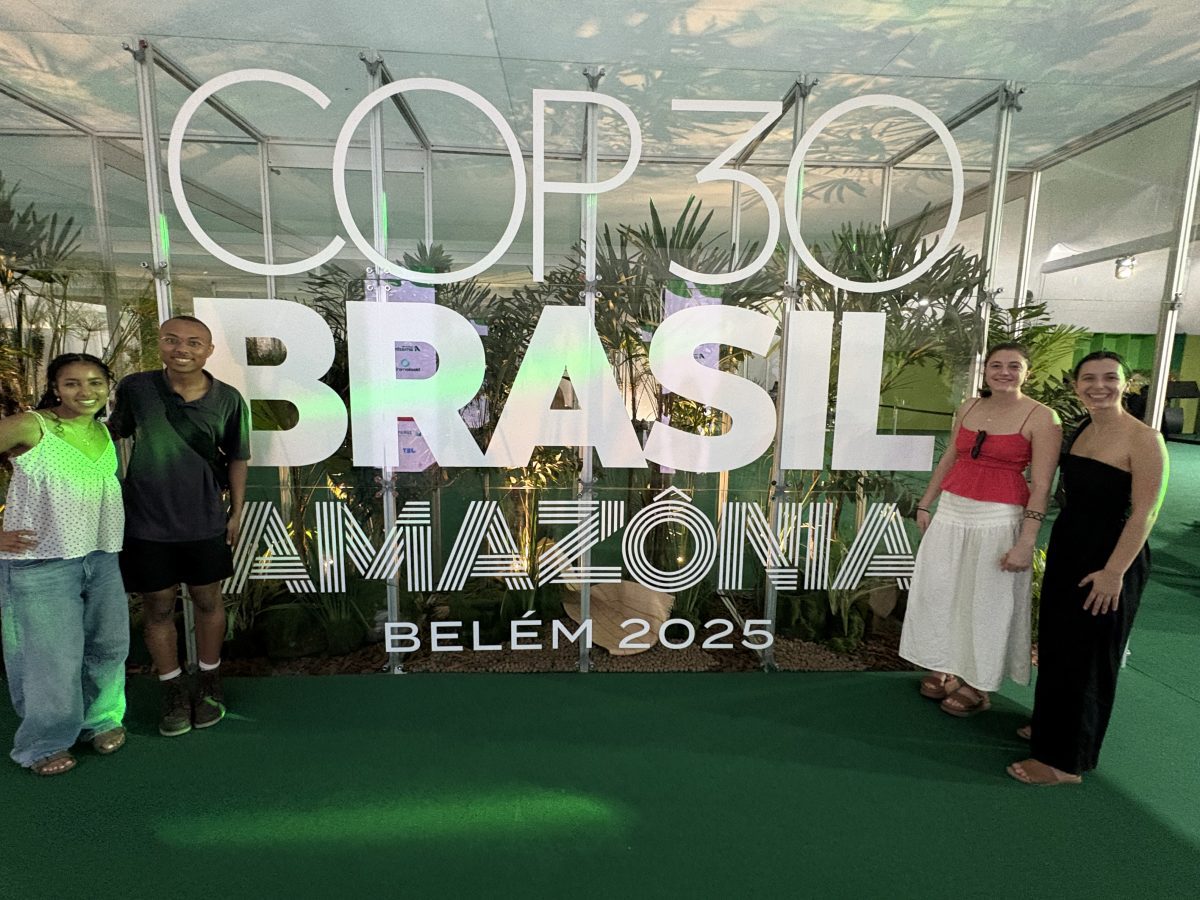 There is so much more I could go on about and so many valuable observations and pieces of information I have learned in the first 3 days I have spent at COP. I will quickly fire off some final thoughts (some inspiring and some discouraging) since landing in Belem: The culture in the Amazonia region of Brazil is deep and rich, the Indigenous Tribes in Brazil do not feel like their voices are getting proper representation in the conference, it is controversial that Brazil is advocating for Rainforest conversation while expanding oil drilling, it is crazy that international legislation is being written before my eyes, and how can any real action come from these “agreements” that are only enforceable by “peer pressure” and driven by economic benefits?
There is so much more I could go on about and so many valuable observations and pieces of information I have learned in the first 3 days I have spent at COP. I will quickly fire off some final thoughts (some inspiring and some discouraging) since landing in Belem: The culture in the Amazonia region of Brazil is deep and rich, the Indigenous Tribes in Brazil do not feel like their voices are getting proper representation in the conference, it is controversial that Brazil is advocating for Rainforest conversation while expanding oil drilling, it is crazy that international legislation is being written before my eyes, and how can any real action come from these “agreements” that are only enforceable by “peer pressure” and driven by economic benefits?

